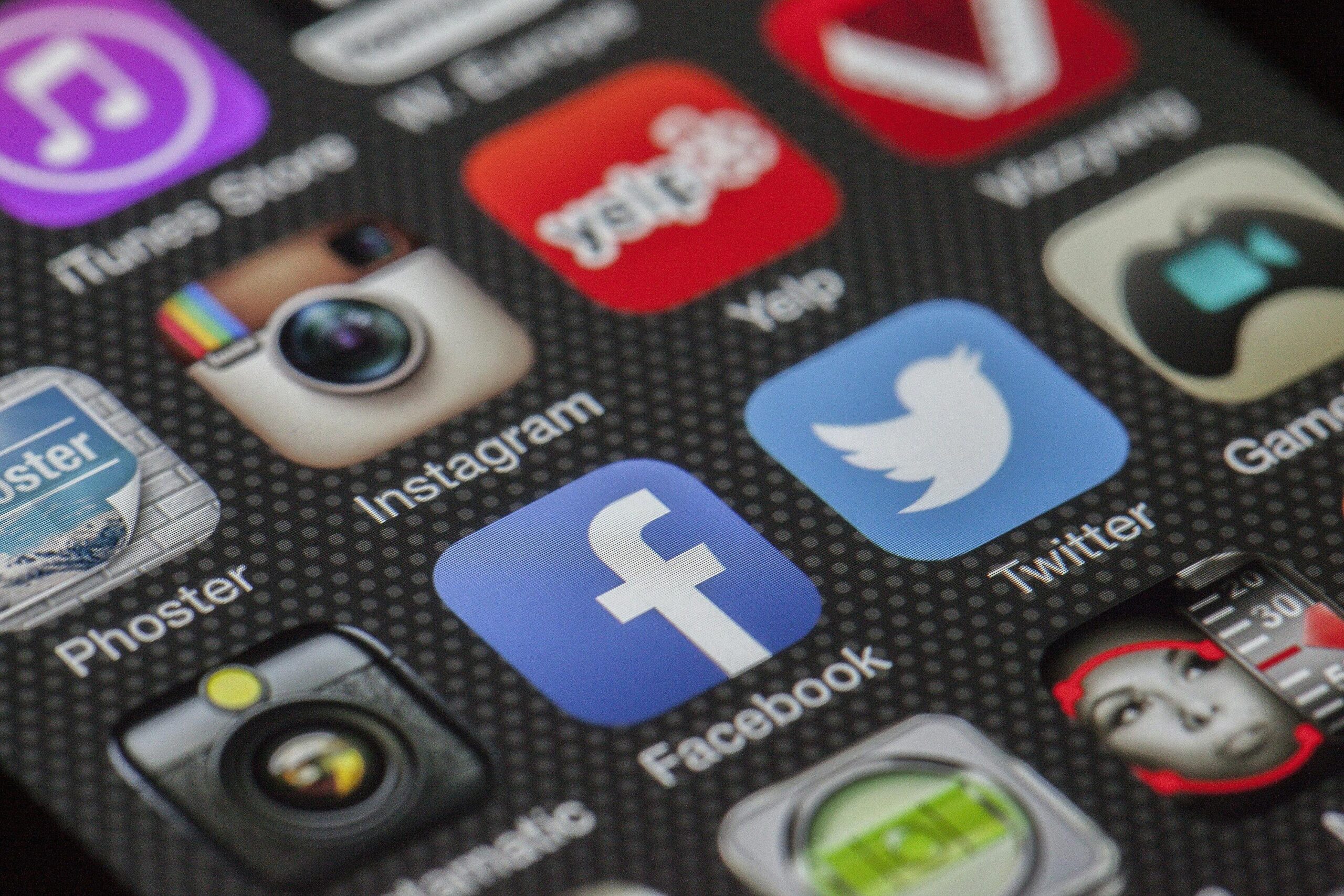
What Radio Can Learn from the Success of Wordle
By David Kidd, BPR

When Wordle exploded onto the digital landscape, it wasn’t just a win for word nerds—it was a masterclass in user engagement. A simple concept (guess a five letter word), once a day, with no frills, bells or algorithmic manipulation—and yet it became a global habit almost overnight. So what can radio, an industry rooted in routine and intimacy, learn from a viral puzzle game?
- Simplicity Sells
Wordle didn’t succeed because it was revolutionary. It succeeded because it was refreshingly simple. One task. One goal. Once a day. Radio can take a cue here: sometimes less really is more. Focus on one brilliant benchmark, one compelling story arc or one killer call-in idea—rather than trying to cram three segments, two contests, a sponsor mention and a TikTok tease into every break.
- Consistency Builds Ritual
Wordle made itself a daily ritual. Not just available every day—but something people looked forward to every day. That’s radio’s traditional superpower, too. Are you giving listeners a reason to come back tomorrow? If you’re not creating consistent appointment moment…..on-air or on your digital extensions….you’re missing a chance to build habit-forming behaviour.
- Shareability Without Oversaturation
Wordle’s share button was genius: post your score, but don’t spoil the answer. It invited competition and conversation without ruining the experience. Radio needs to create moments that people want to talk about—but not ones that feel manufactured. Let your content breathe. Give it room to be discovered and discussed, not just pumped out on every platform immediately.
- Community Without a Comment Section
Wordle doesn’t have a chatroom or leaderboard, yet it built a global community. Why? Because shared experience beats forced interaction. Radio shows can create community simply by acknowledging the listeners’ lives, habits and humour.
- FOMO
Miss a day on Wordle and you don’t get a do-over. That scarcity drives attention. So think about this for a moment: radio needs to resist the urge to make everything permanently available on-demand. Should some moments only happen live? If you’re not giving listeners reasons to tune in now instead of later, you could be training them to treat your content like leftovers. In the world of uploading every piece of content immediately, it’s probably a difficult concept to embrace. But remember, when it comes to getting those quarter hours recorded for the ratings, listening has to be “live”.
Wordle isn’t radio. But it thrives on the same principles that have powered great stations for decades: relevance, ritual and the quiet joy of shared experience. In a world drowning in noise, Wordle whispered—and everyone leaned in. Radio, take note.
Discussion
No comments on this post yet, start a discussion below!